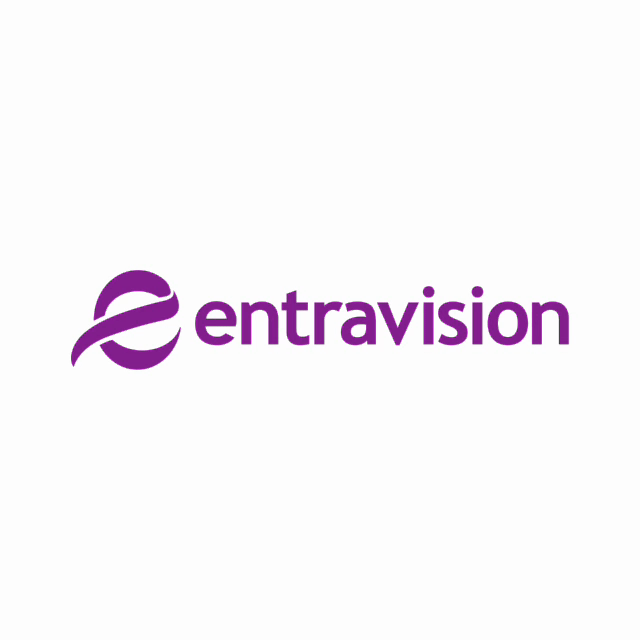Latina@Work
August 16, 2016
![]() At 80%, an overwhelming majority of Latina women surveyed feel that expressing cultural identity is important in the workplace, according to Latina@Work from Lieberman Research Worldwide.
At 80%, an overwhelming majority of Latina women surveyed feel that expressing cultural identity is important in the workplace, according to Latina@Work from Lieberman Research Worldwide.
Results from the Latina@Work study underscore how today’s Latina is living in two worlds, struggling between two identities yet yearning for the opportunity to “just be herself.”
Key findings are as follows:
- 80% agreed with the statement, “At work, I want to be seen as who I really am, including being Latina.”
- 51% of Latinas indicate they are the first in their family to go to college (vs. 38% of non-Hispanic Caucasian women).
- 31% of Latinas say, “I must dress more conservatively than my co-workers in order to be taken seriously” (vs. 21% of non-Hispanic Caucasian women).
- 35% of Latinas say, “The way I style my hair impacts how successful I am at work” (vs. 25% of non-Hispanic Caucasian women).
- 69% of Latinas say, “I am primarily responsible for the cooking in my family” (vs. 78% of non-Hispanic Caucasian women, indicating how cultural expectations are undergoing a shift).
The qualitative research included expert interviews with leading clinical psychologists, 10 in-depth interviews with women from around the country (New York, Los Angeles, Miami, Dallas, and Charlotte) representing a cross-section of Hispanic heritage (Mexican, Puerto Rican, Chilean, Honduran, Cuban and Dominican), as well as various professional backgrounds. The quantitative portion of the study included surveys with nearly 1,000 women, ages 25-54, comprising of Hispanic and non-Hispanic Caucasian women and People en Español subscribers.
“Our research took a deep look into the pain and passion points of the Latina professional and her personal mindsets, exploring her motivations and barriers to success,” noted Lieberman Research Worldwide General Manager and Executive Vice President Stephen Palacios. “We found that despite the feeling of ‘otherness’ faced by today’s Latinas—balancing traditions and new aspirations—they remain the steadfast drivers of educational, professional and entrepreneurial growth in the United States. These insights provide forward-looking organizations the opportunity to help demystify the stereotypes, reconcile these tensions and reframe their diversity and inclusion strategies.”





























